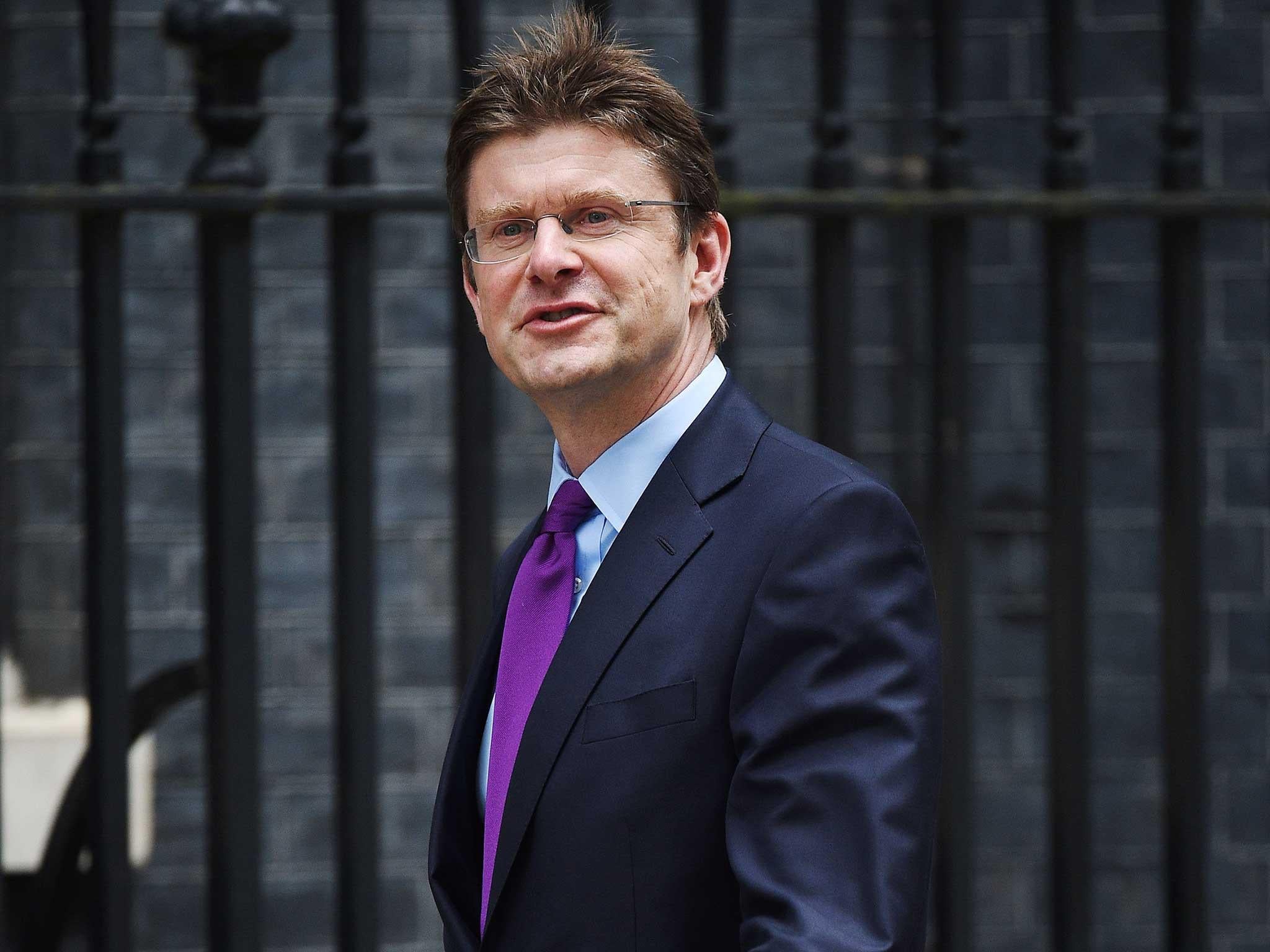Energy prices could still go up under Theresa May’s price cap plans, admits Business Secretary Greg Clark
Competition and Markets Authority warned Conservative policy could bring 'worse outcomes for customers'

Your support helps us to tell the story
From reproductive rights to climate change to Big Tech, The Independent is on the ground when the story is developing. Whether it's investigating the financials of Elon Musk's pro-Trump PAC or producing our latest documentary, 'The A Word', which shines a light on the American women fighting for reproductive rights, we know how important it is to parse out the facts from the messaging.
At such a critical moment in US history, we need reporters on the ground. Your donation allows us to keep sending journalists to speak to both sides of the story.
The Independent is trusted by Americans across the entire political spectrum. And unlike many other quality news outlets, we choose not to lock Americans out of our reporting and analysis with paywalls. We believe quality journalism should be available to everyone, paid for by those who can afford it.
Your support makes all the difference.Energy prices could go up under Theresa May’s plans, the Business Secretary has admitted – despite the party’s pledge to save families £100 a year.
Greg Clark acknowledged that the flagship policy to ‘cap’ bills would leave the energy regulator free to let them rise, if international prices went up.
The concession came as the trade association Energy UK tore into the Prime Minister’s plans, warning it would prevent people saving money by switching provider.
“There is a lot of talk around it will save consumers £100,” said Lawrence Slade, the organisation’s chief executive.
“Well, I can take a consumer onto a price competition website today and I could save them much, much more than that.”
It emerged that the Conservative policy was rejected by the Competition and Markets Authority (CMA) last summer, which warned it would backfire.
A cap on standard variable bills carried “excessive risks of undermining the competitive process, likely resulting in worse outcomes for customers in the long run”, the CMA concluded.
Greenpeace condemned long-running Tory cuts to efforts to make homes energy efficient, a much better way to cut bills than “populist policies”.
In the first major policy announcement of the Conservative campaign, the Prime Minister said her Government would limit the standard tariffs paid by seven in ten families.
The regulator Ofgem would review the market twice a year and set maximum prices, handing 17m families on standard tariffs up to £100 a year, according to Tory sources.
Writing for The Sun, Ms May wrote: “It is clear to me that the energy market is not working for ordinary working families. Too many people simply aren’t getting a fair deal.
“So I am making this promise: if I am re-elected on 8 June, I will take action to end this injustice by introducing a cap on unfair energy price rises.”
But, asked if prices would “rise or fall”, Mr Clark told BBC Radio 4’s Today programme: “It will be a matter for the energy regulator Ofgem to determine.
Rather than copy the “madness of Labour policy” by trying to buck international markets, the level of the cap “should be determined by inspecting the wholesale prices”, he said.
“That’s why we have an energy regulator. That I think is important, that it should not be done by a politician, it should be done by an energy regulator,” Mr Clark added.
The CMA had concluded that collective over-charging ran to £1.4bn. “Clearly, the purpose of the exercise is to remove that abuse and to bring down bills,” the Business Secretary said.
“When you know that some of the most vulnerable people in society are being charged collectively £1.4bn more than the authorities say is justified you have a duty to act on that – and we will.”
Doug Parr, policy Director at Greenpeace UK, said: “It has long been accepted that better energy efficiency is the cheapest way to cut bills, yet programmes to make homes warmer and healthier have fallen to their lowest levels in many years under Conservative Prime Ministers.
Join our commenting forum
Join thought-provoking conversations, follow other Independent readers and see their replies
Comments